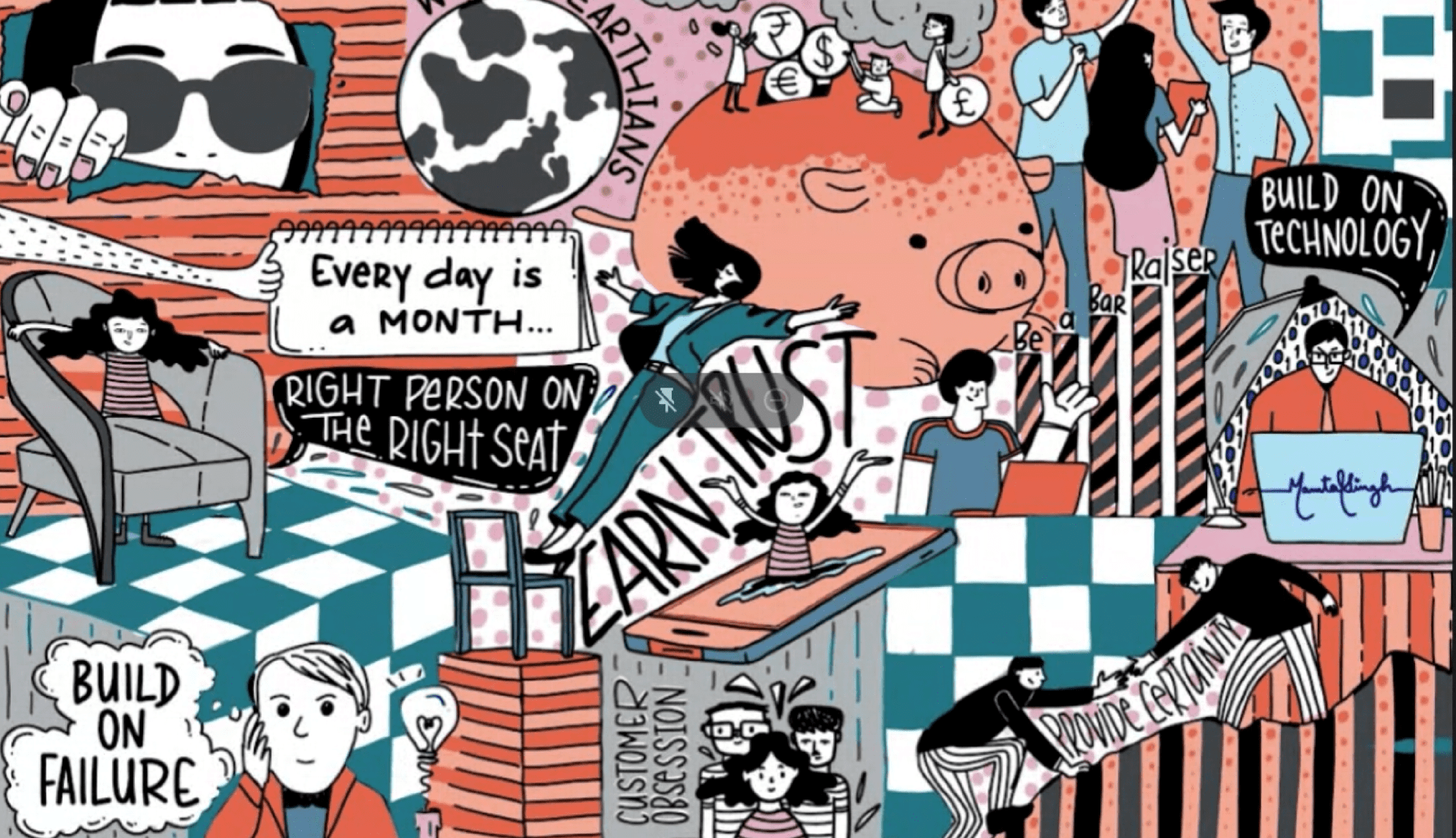
- Editorial
- Editors
- Publishing
The Role of Editors in a Changing Publishing Industry
At traditional publishing houses, the role of the editor has long been that of a gatekeeper. Working with agents, they search out the next bestseller and then offer edits to make the words and content sparkle.
Every writer has images in mind of steadfast editors quietly reading at their desks and making their marks on the manuscript with a red pen. However, with the digital revolution and the changing landscape of the publishing industry, the role of the editor has changed dramatically.
Wearing Many Hats
Particularly at small to mid-level publishing houses, editors these days do much more than read and offer feedback. Many are involved in every aspect of publishing, from marketing to design, and actively help build an author or book’s brand. They still use the red pen, but now they must be ready to strategize a social media campaign or secure funding for projects.
New Partnerships
Whereas the old model of editing was developed with physical objects such as books or journals in mind, now editors are looking for ways to engage audience interaction. This happens through promotions, marketing and social media partnerships.
Collaboration
No longer a career for the introvert, editors are expected to collaborate across different departments and teams. This is key in keeping the voice and branding consistent across many platforms.
Despite a changing landscape, editors are still integral to a book’s success. If you’re interested in hands-on editing, contact Amnet editorial team. Our editorial team can help take your work from concept to finished product.

Thank you for Subscribing!
The confirmation link will be sent it to
your mail
RELATED POSTS
-
 Publishing
Publishing -
 Publishing
Publishing -
 Publishing
Publishing




